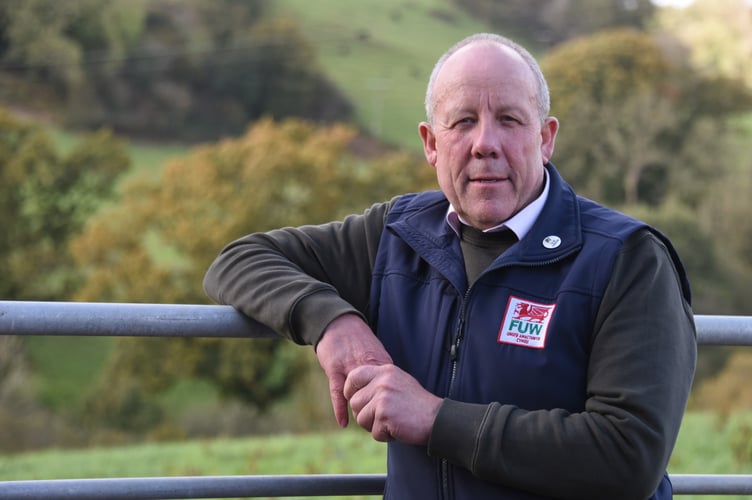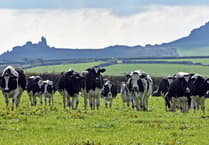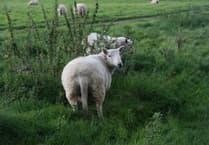This week has been a timely reminder of the crucial role County Council-owned farms play in our rural communities, as Powys County Council’s consultation on its Draft Farm Estate Policy – Supporting Sustainable Rural Futures closed on Sunday.
Across Wales, county farms serve as a crucial stepladder for young people and new entrants seeking a foothold in agriculture. Yet their decline has been stark, with research from S4C’s Ffermio programme recently revealing a 17% fall in county farms across Wales over the past decade; from 482 in 2015 to just 400 today. This decline represents not only the loss of farmland but also the erosion of opportunity, skills, and community cohesion in rural Wales.
Under the 1970 Agriculture Act, local authorities are obliged to provide opportunities for people with experience to farm on their own account. County farms are therefore not a luxury or a relic of the past, they remain a vital part of our agricultural infrastructure and rural identity. Family farms are the backbone of Wales’ rural areas, shaping our landscapes, supporting local businesses, and sustaining the Welsh language and culture that define our countryside.
Powys County Council’s farm estate is the largest of its kind in Wales and the fifth largest in the UK, and it plays an invaluable role in supporting local, sustainable food production and provides a foundation for economic resilience across the county. The estate sustains a diverse workforce, underpinning local supply chains that connect farmers, producers, and consumers.
More importantly, council farms have long served as a crucial stepping stone for new entrants into farming, offering affordable access to land and the chance to build viable businesses in a sector where capital costs and land ownership remain major barriers. These holdings are far more than assets on a balance sheet; they are incubators for the next generation of farmers, helping to nurture skills, innovation, and the vitality of the rural economy.
The FUW is deeply concerned that the uncertainty surrounding county farms in Powys and beyond risks undermining both current tenants and future opportunities for young farmers. While we recognise the immense financial pressures facing local authorities, we urge councils not to view their farm estates purely in financial terms.
Even so, councils should view their farm estates as investments for the future, providing rental returns and securing sustainable options for young people. Assets can only be sold once, therefore doing so to compensate for funding shortfalls would be a short sighted and unsustainable way forward for any local authority.
County farms represent a long-term investment in people, communities, and food security. By protecting and strengthening these estates, councils can ensure the farm gates remain open, not just for today’s tenants, but for generations to come.





Comments
This article has no comments yet. Be the first to leave a comment.